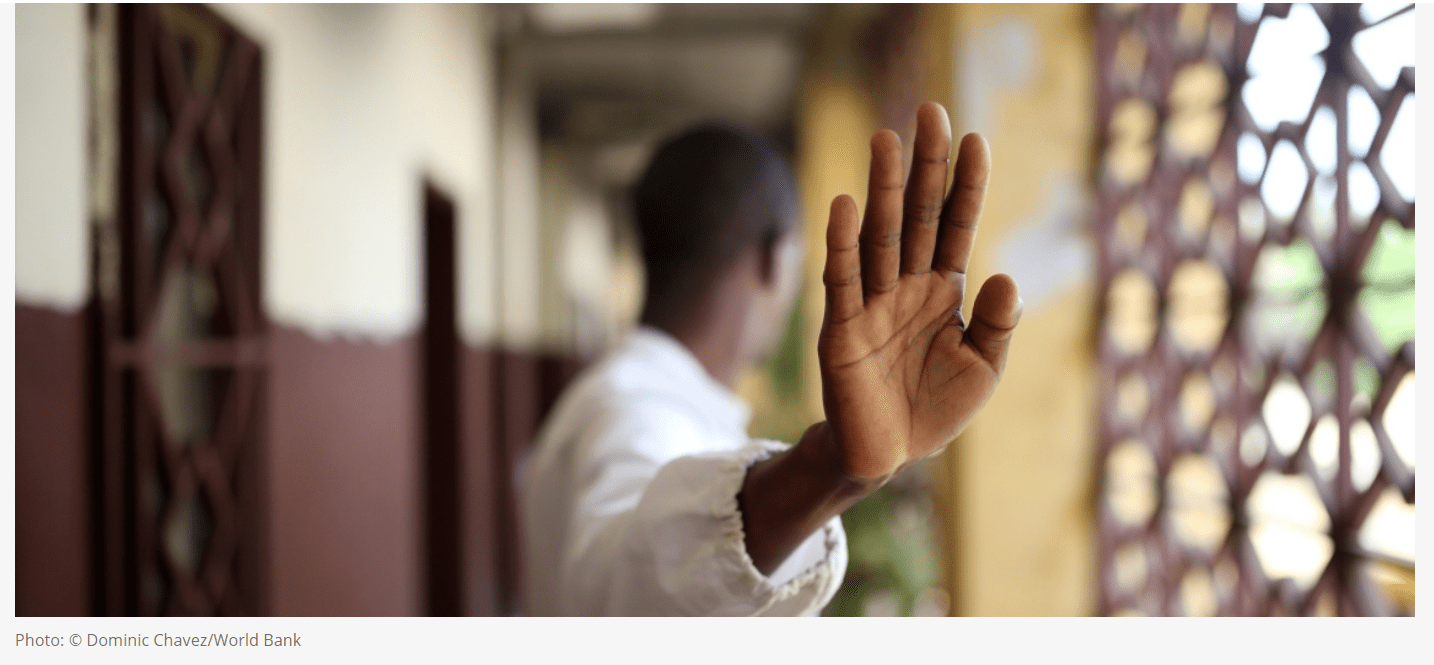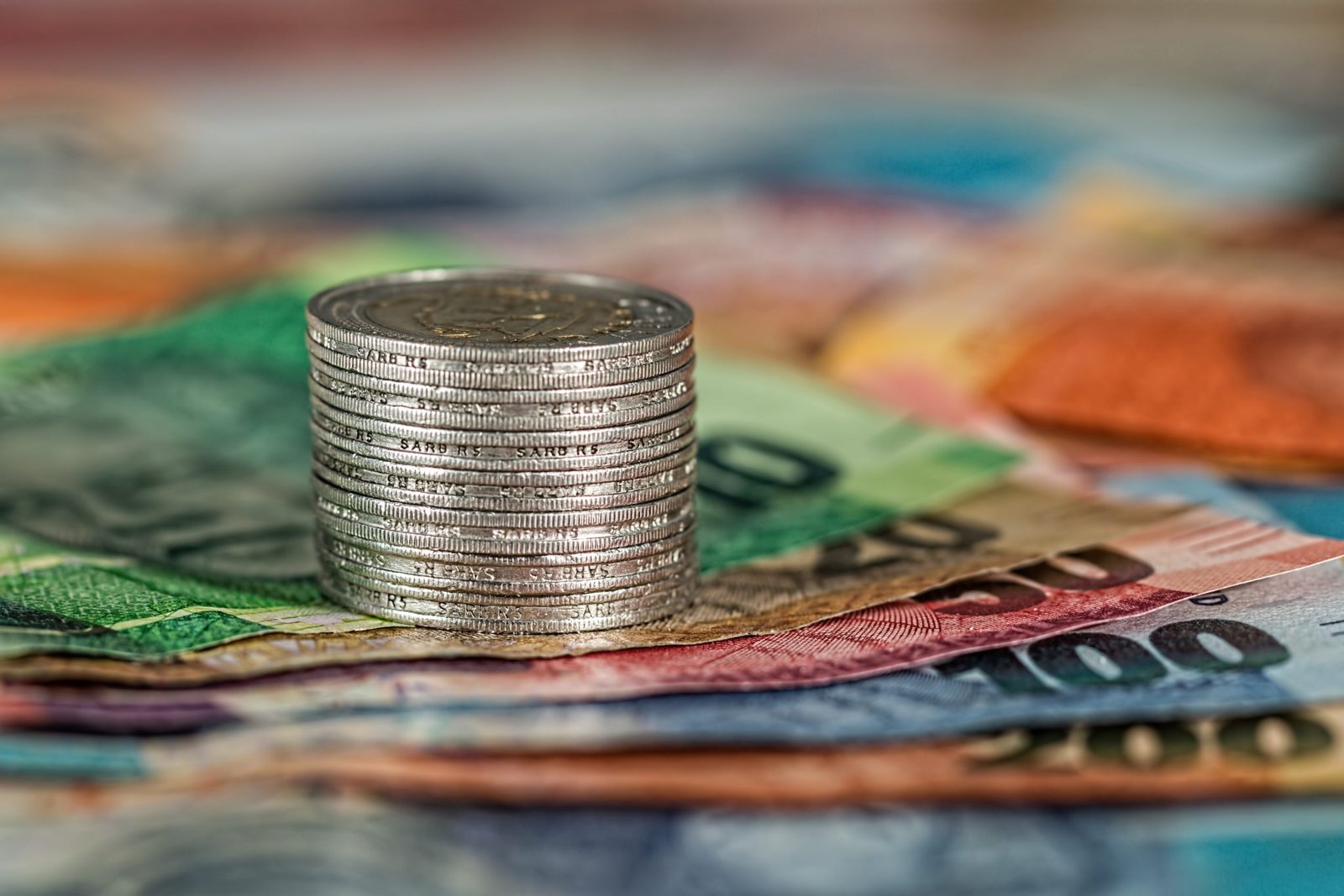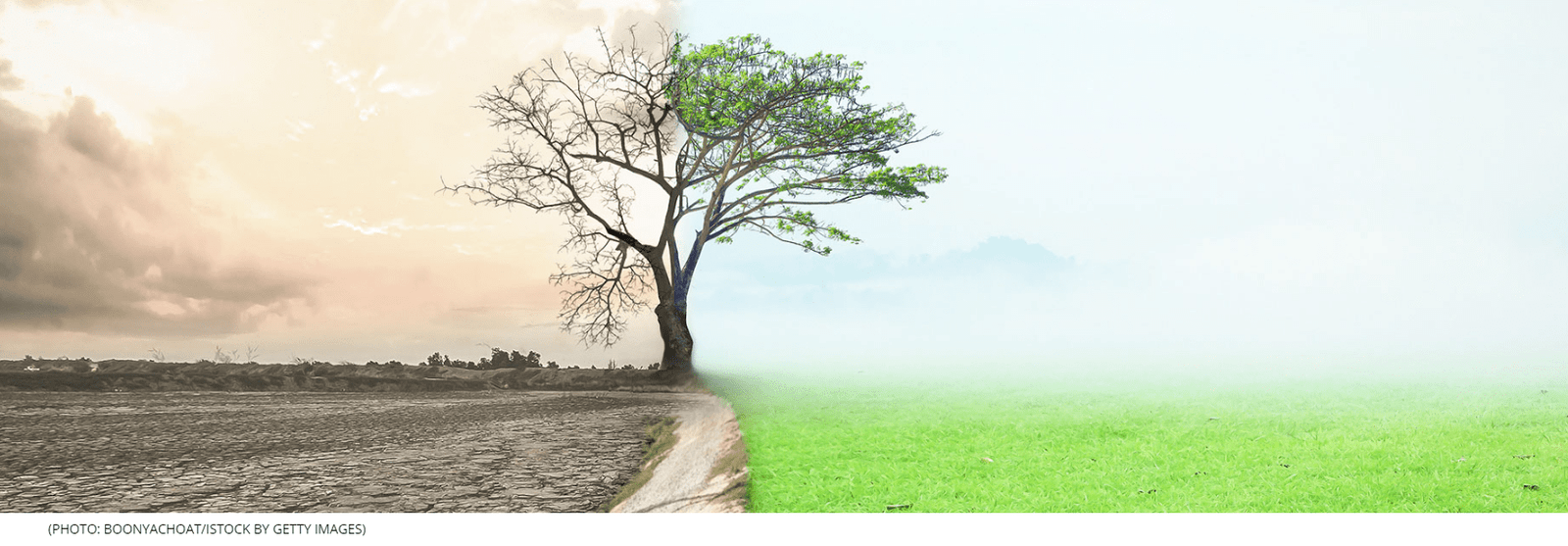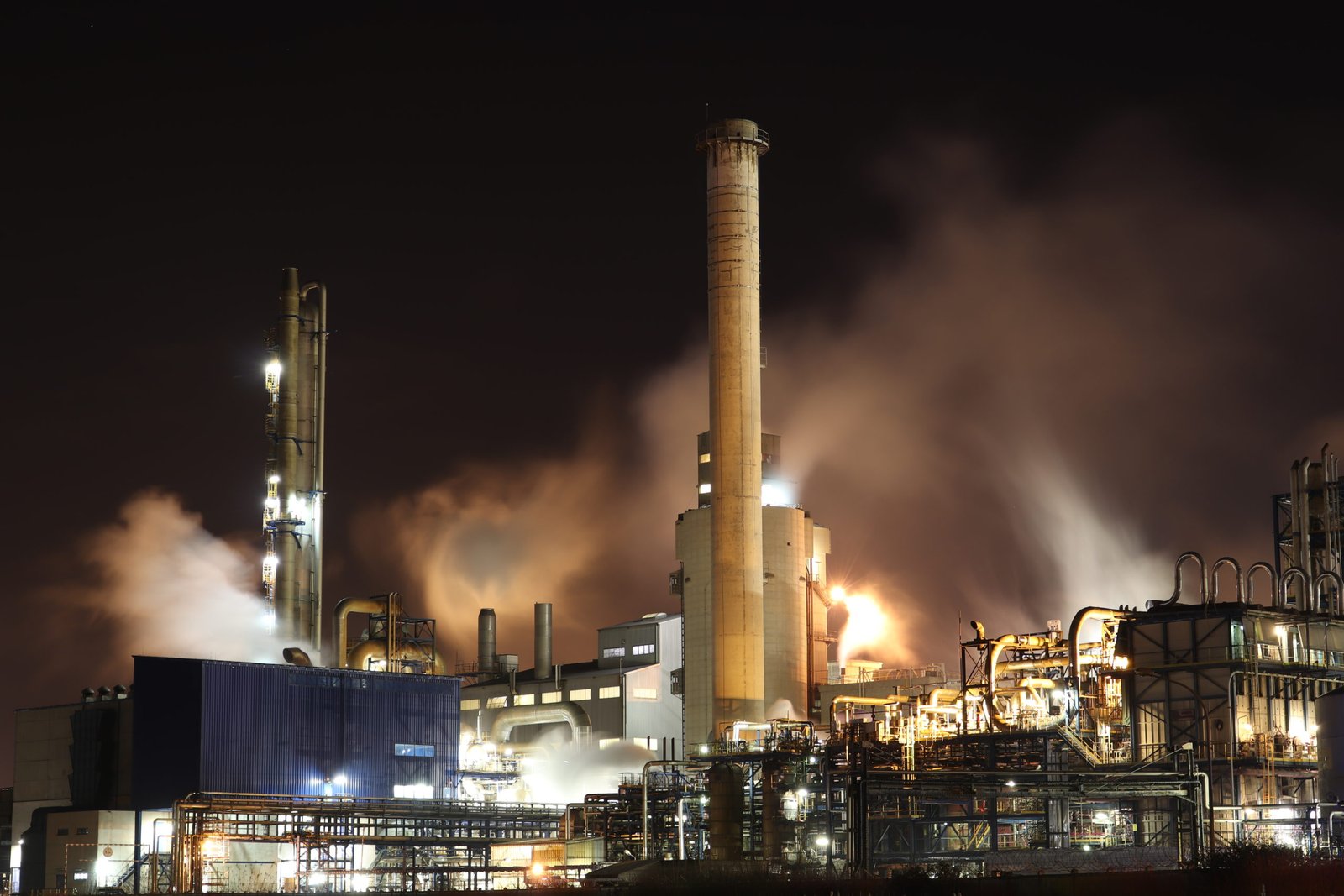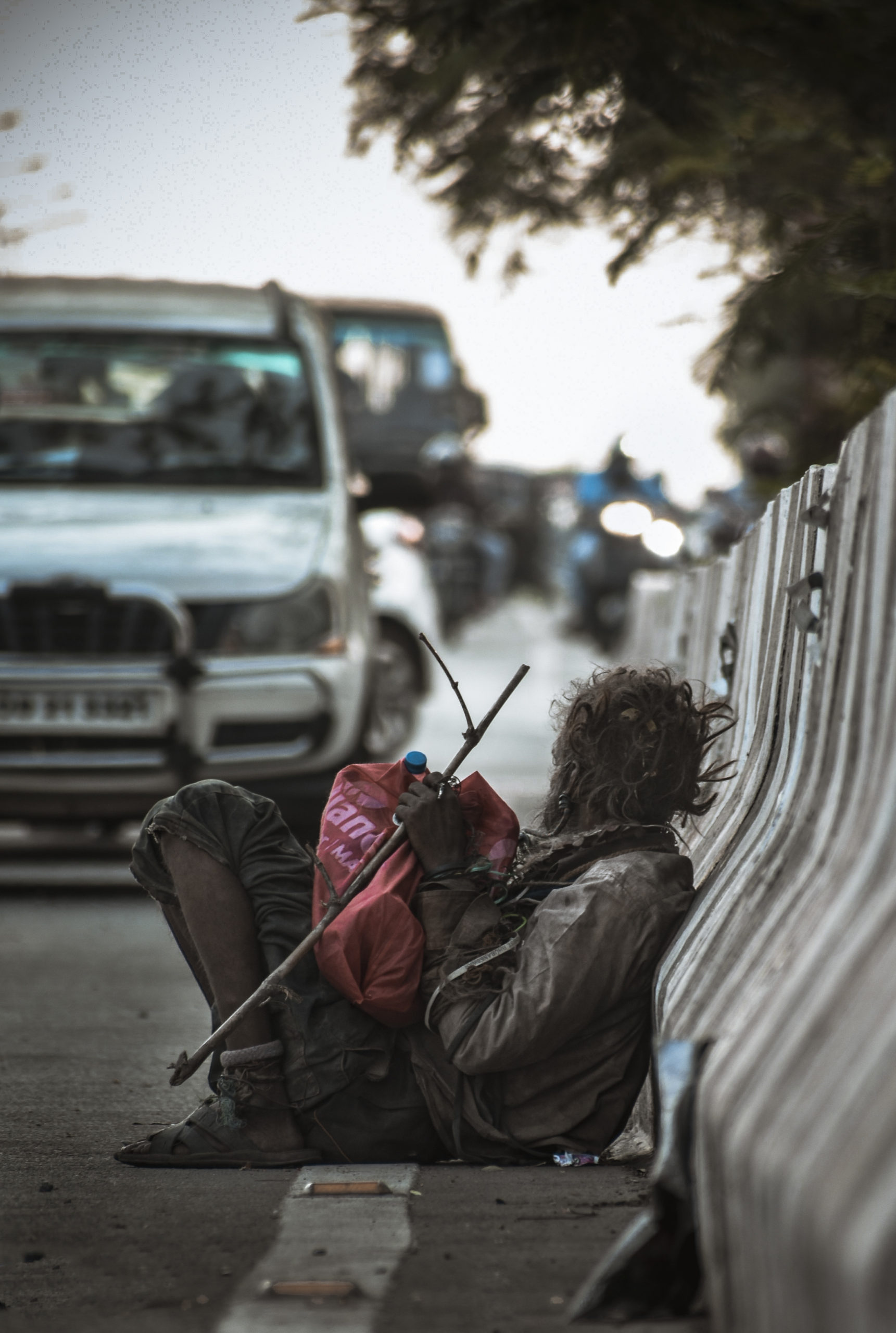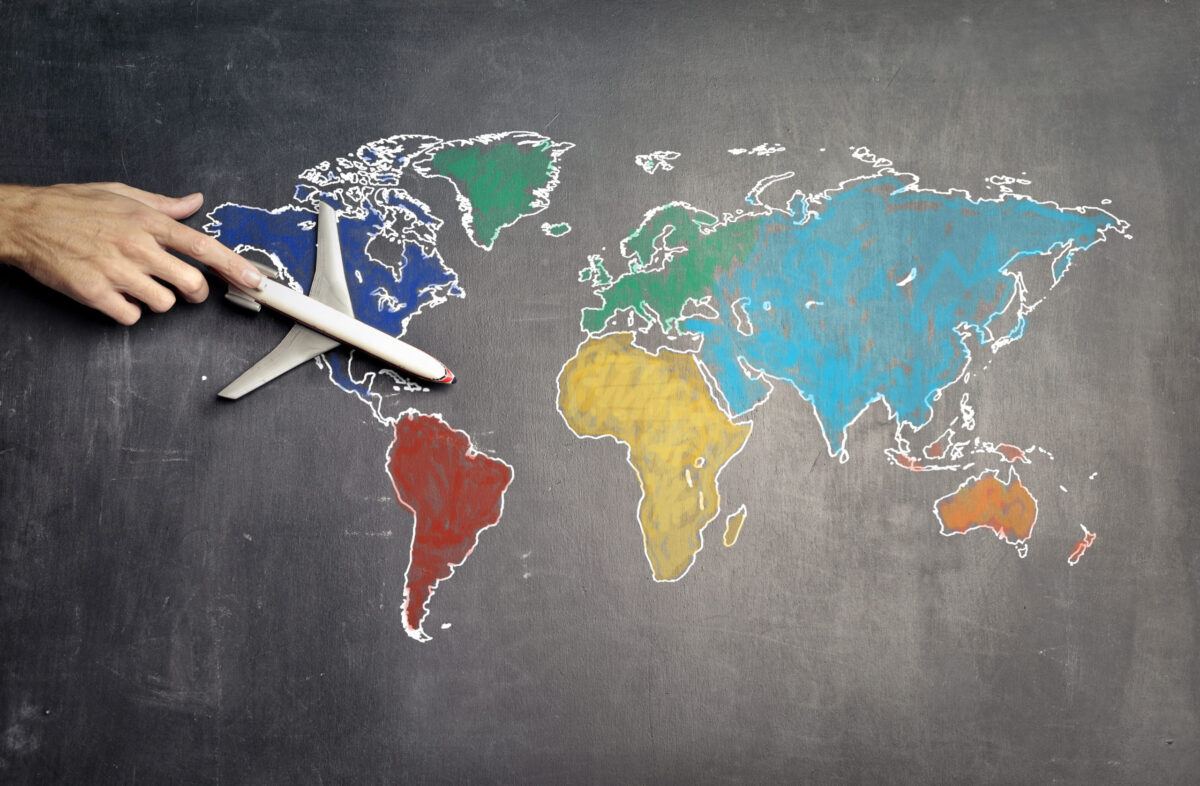Corruption has Modernized, so Should Anti-Corruption Initiatives
By Jim Anderson / World Bank The World Bank’s commitment to helping countries control corruption dates to 1996 when then President James Wolfensohn made his “cancer of corruption” speech. It was the first time the issue was given such prominence by a World Bank President and put squarely on the agenda of the institution. A […]
